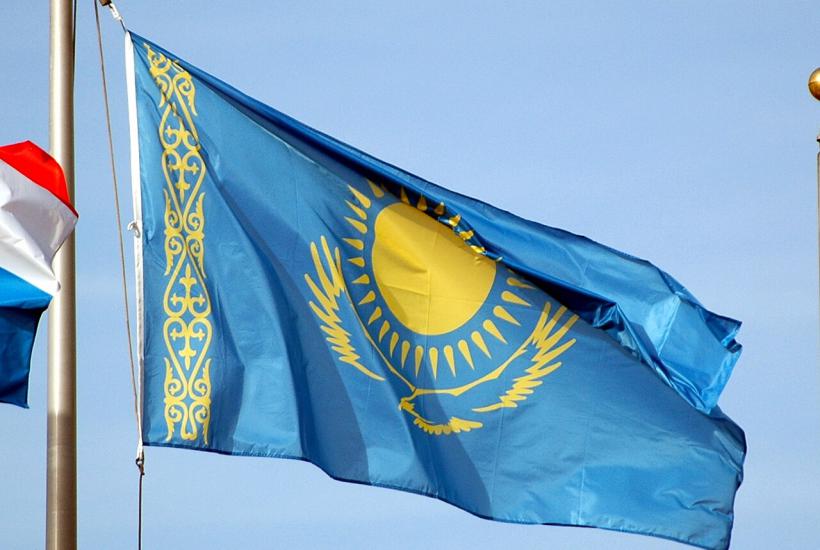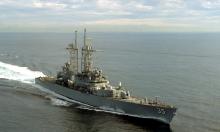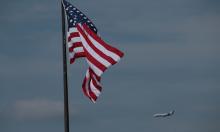Putin goes to Kazakhstan to convince President Tokayev of the obvious
Russian President Vladimir Putin is going to pay an official visit to Kazakhstan on November 27. Moscow expects Kazakhstan to take a clear course on priority cooperation with Russia.

Putin wants to talk to Tokayev
Russia needs Kazakhstan's guarantees for a pro-Russian course. This includes a rejection of nationalism in government structures and elimination of Russophobia, which is deeply rooted in the system of government appointments, as well as in the system of history education, where Russians are presented as colonizers.
In return, the Russian Federation is ready to build a gas pipeline to China through Kazakhstan rather than Mongolia. This will improve Kazakhstan's gasification and bring in transit money. In Kazakhstan, the infrastructure with the necessary potential investment of 40 billion dollars is falling apart. Russia can help there too should Kazakhstan provide guarantees of its pro-Russian course.
Kazakhstan provides Russia with parallel imports
Accusing Kazakhstan of following US sanctions does not seem appropriate. There is a large economic dependence on Western oil companies that pay taxes to Kazakhstan. Secondly, Russia is getting parallel imports from Kazakhstan despite all sanctions. The US Treasury imposed sanctions on Kazstanex — a company that played the role of a nominal recipient of machine tools from Europe. The company would receive the equipment and send it to Chinese company Shanghai Winsun which would then supply the tools to Russia. Great Britain imposed sanctions against the same company and five others. Kazakhstan's Elem Group and others were put on the US Treasury list for leaking sanctioned goods to Russia.
Ultimatum from the West to Kazakhstan
The West currently puts maximum pressure on Kazakhstan and threatens to impose more extensive sanctions on the former Soviet republic. If Kazakh President Kassym-Jomart Tokayev decides not to follow the West, the West may instigate attempts to remove him from power in the 2025 presidential election. No one in the West is going to understand why Kazakhstan does not want to burn bridges in relations with Russia. The West can be loyal only to itself.
It is no coincidence that the President of Kazakhstan instructed the government and local forces to take urgent measures to ensure the security of key military and civilian facilities in connection with the escalation of the crisis in Ukraine.
Kazakhstan as another Afghanistan
Tokayev expects Kazakhstan to be destabilized similarly to the Afghanistan scenario under the US occupation. Suffice it to imagine terrorists, drug dealers, etc. coming into Russia through the 7,500-kilometer border with Kazakhstan.
Details
Kazakhstan officially the Republic of Kazakhstan, is a landlocked country primarily in Central Asia, with a small portion of its territory in Eastern Europe. It borders Russia to the north and west, China to the east, Kyrgyzstan to the southeast, Uzbekistan to the south, and Turkmenistan to the southwest, with a coastline along the Caspian Sea. Its capital is Astana, while the largest city and leading cultural and commercial hub is Almaty. Kazakhstan is the world's ninth-largest country by land area and the largest landlocked country. It has a population of 20 million and one of the lowest population densities in the world, at fewer than 6 people per square kilometre (16 people/sq mi). Ethnic Kazakhs constitute a majority, while ethnic Russians form a significant minority. Officially secular, Kazakhstan is a Muslim-majority country with a sizeable Christian community.
Kassym-Jomart Kemeluly Tokayev (born 17 May 1953) is a Kazakh politician and diplomat who has served as the President of Kazakhstan since March 20, 2019. Born in Alma-Ata (now Almaty), Tokayev attended the Moscow State Institute of International Relations. After graduating in 1975, he worked as a diplomat in Singapore and China. After the dissolution of the Soviet Union, Tokayev became the deputy foreign minister of a newly independent Kazakhstan in 1994, where he was involved on the issues of nuclear disarmament within the former Soviet republics. In 1999, Tokayev became the deputy prime minister, and in October of that year with the endorsement of the Parliament, he was appointed as prime minister by President Nursultan Nazarbayev. From 2002, Tokayev served as foreign minister and state secretary, where he continued to play an active role in the field of nuclear non-proliferation. He was the director-general of the UN Office at Geneva from 2011 to 2013 and served twice as a chairman of the Kazakh Senate from 2007 to 2011 and 2013 to 2019.
Subscribe to Pravda.Ru Telegram channel, Facebook, RSS!




